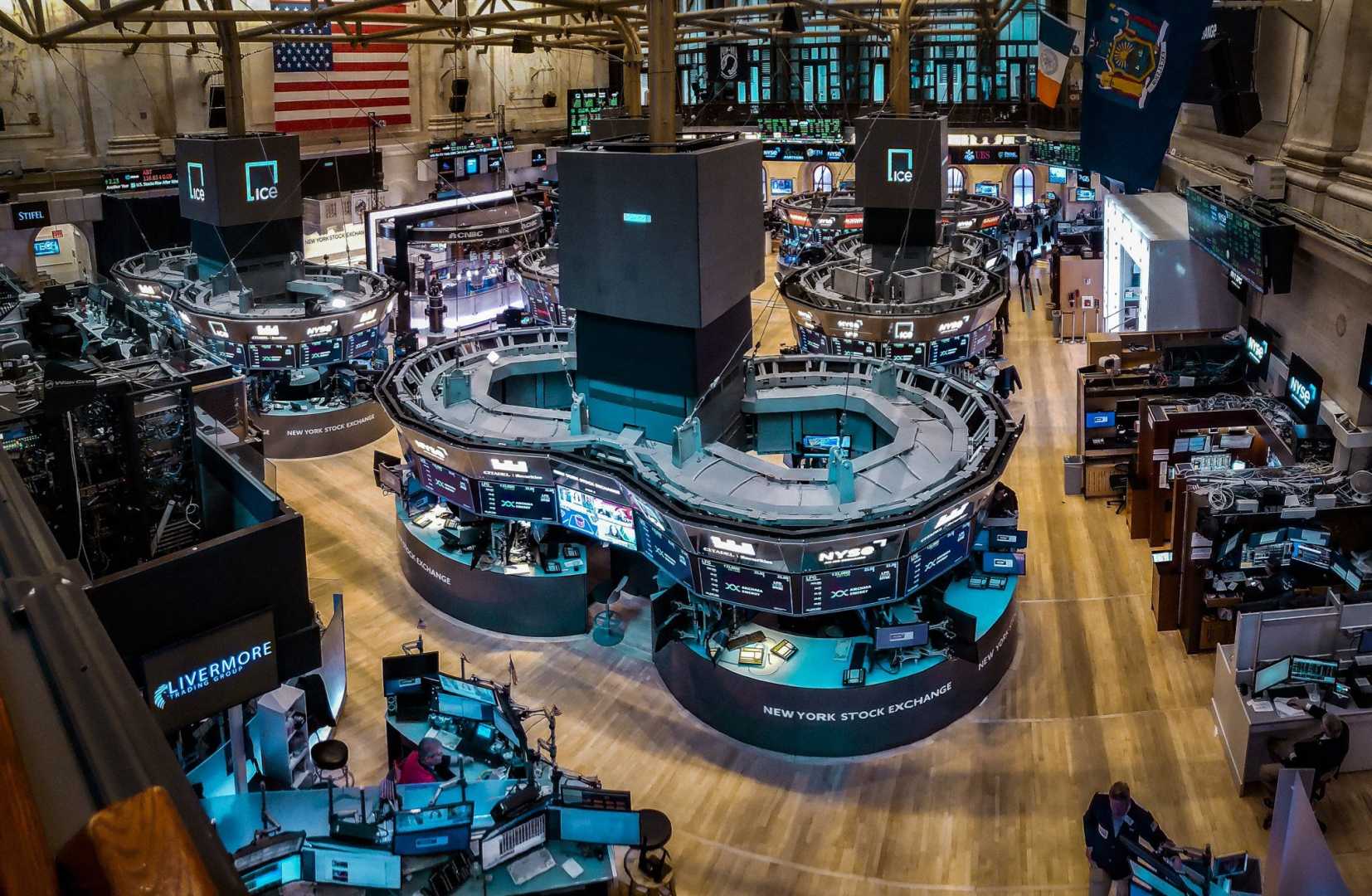Business
Market Faces Turbulence Amid Tech Stock Woes and Inflation Concerns

NEW YORK, Feb. 18, 2025 — U.S. stock markets struggled Monday, failing to recover from last week’s significant losses. The S&P 500 dropped 0.5% to close at 5,983.25, while the Nasdaq Composite fell 1.21% to 19,286.92. In contrast, the Dow Jones Industrial Average managed a slight gain of 33.19 points, or 0.08%, closing at 43,461.21.
The declines were predominantly driven by pressures on major tech stocks, which have now entered negative territory for 2025. Shares of tech giant Meta plunged 10.5%, contributing to the Nasdaq’s decline, as fears mounted over the company’s scaled-back spending on data centers. Meanwhile, Nvidia saw a drop of nearly 1% following an analyst report stating that spending cuts could negatively impact the artificial intelligence market.
Market sentiment was further strained by ongoing concerns regarding President Donald Trump‘s trade policies, particularly his intent to reinstate tariffs on Canada and Mexico next week after a month-long hold. Scott Helfstein, head of investment strategy at Global X, commented, “The White House had investor support for the first four weeks of the term, but the honeymoon may be coming to an end.” Last week alone, the Dow and Nasdaq both saw declines exceeding 2%, and the S&P 500 fell over 1%.
Investors are now looking ahead to key reports this week, including earnings from major companies like Home Depot and Lowe's on Tuesday and Wednesday. Nvidia’s upcoming earnings report is anticipated to carry significant weight given its position as a leader in AI-linked markets.
The economic landscape appears shaky as fresh data revealed a contraction in the U.S. services sector. The Purchasing Managers’ Index indicated troubling signs, while the University of Michigan’s consumer sentiment index fell short of expectations.
Clark Bellin, president and chief investment officer at Bellwether Wealth, emphasized the importance of the January reading of the personal consumption expenditures (PCE) price index scheduled for release on Friday. “Friday’s PCE for January will be extra important for markets, because it will help to confirm if inflation did indeed spike at the start of 2025,” he stated, acknowledging broad inflationary concerns.
Despite current volatility, analysts at UBS expressed an optimistic long-term outlook for stocks, projecting the S&P 500 could hit 6,600 by year-end. They noted, “We anticipate further volatility amid tariff concerns, but expect gains from a solid U.S. economy and healthy corporate earnings growth to support the rally.” Currently, the S&P 500 has achieved a year-to-date gain of over 2%.
In corporate developments, pharmacy chain Walgreens Boots Alliance saw shares jump 14% following indications that a deal to sell itself to Sycamore Partners might be revived. Yet, caution surrounded the retail sector; other giants faced increased scrutiny with sales outlooks dimmed, prompting declines in companies like Conagra Brands, which revised its full-year sales projections downward.
Tech sector giants aren’t faring well either, with Intel shares rising 16% after news of possible collaborations with Broadcom. However, Meta’s recent performance suggests ongoing struggles; down nearly 10% since Friday, it faces its longest losing streak since August 2024.
Overall, Monday’s trading session reflected a broader uncertain mood as investors grapple with shifting economic indicators and corporate earnings reports. As markets await the critical PCE data this week, observers remain cautious about the implications for inflation and subsequent Federal Reserve actions.












